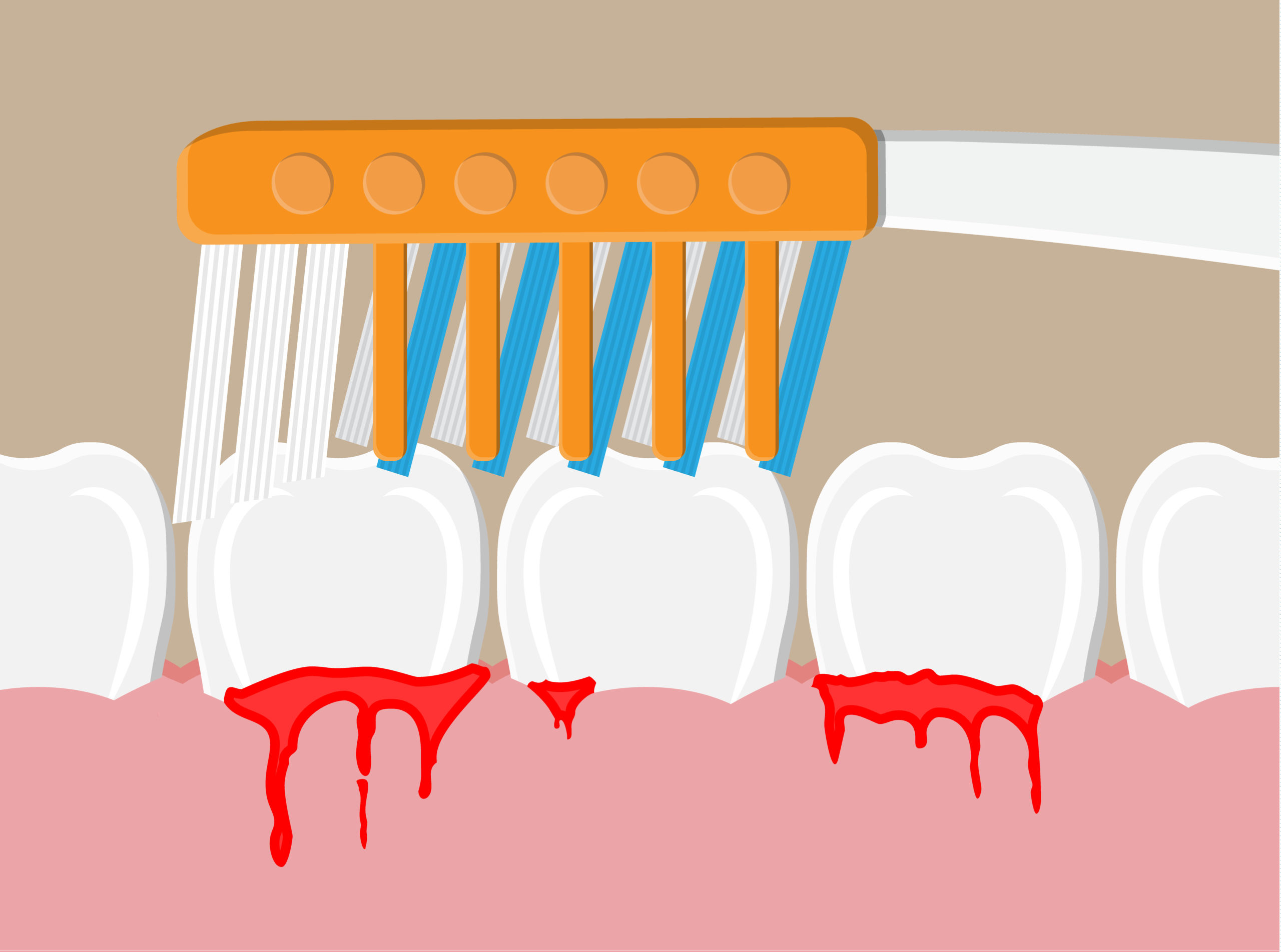10 Mouthwash Recipes To Heal Infection

Infections in the mouth can be a painful and frustrating experience, affecting not just our oral health but also our overall well-being. While there are numerous over-the-counter and prescription mouthwashes available, many people are turning to natural and homemade recipes to help heal infections without exposing themselves to harsh chemicals. Here, we’ll explore 10 mouthwash recipes that can help combat infection, promote healing, and leave your mouth feeling fresh and clean.
1. Saltwater Mouthwash
One of the simplest and most effective mouthwashes for healing infections is a saltwater rinse. Salt has natural antibacterial properties that can help reduce swelling, kill bacteria, and promote the healing of oral wounds. - Ingredients: 1 teaspoon of salt, 8 ounces of warm water - Instructions: Mix the salt into the warm water until it dissolves, then swish the solution around your mouth for 30 seconds before spitting it out.
2. Baking Soda Mouthwash
Baking soda is known for its ability to neutralize acids and reduce inflammation, making it an excellent ingredient for a homemade mouthwash. - Ingredients: 1 teaspoon of baking soda, 8 ounces of water - Instructions: Dissolve the baking soda in water and use as a mouthwash, swishing it around your mouth before spitting it out.
3. Hydrogen Peroxide Mouthwash
Hydrogen peroxide has antibacterial properties that can help combat infection. However, it’s essential to dilute it with water as undiluted hydrogen peroxide can damage tooth enamel and soft tissues. - Ingredients: 3% hydrogen peroxide solution, water - Instructions: Mix equal parts hydrogen peroxide and water. Swish the solution around your mouth, then spit it out. Do not swallow.
4. Essential Oil Mouthwash (Tea Tree Oil)
Tea tree oil is renowned for its antimicrobial properties, making it a popular ingredient in natural mouthwashes. - Ingredients: 1 cup of water, a few drops of tea tree oil - Instructions: Add a few drops of tea tree oil to the water. Swish the mixture around your mouth, focusing on the infected area, before spitting it out. Be cautious not to swallow tea tree oil, as it can be toxic.
5. Aloe Vera Mouthwash
Aloe vera has soothing properties that can help calm irritated tissues and promote healing. - Ingredients: Aloe vera gel, water - Instructions: Mix aloe vera gel with water to create a mouthwash. Swish it around your mouth to help reduce inflammation and soothe the infected area.
6. Garlic Mouthwash
Garlic has natural antibacterial and antifungal properties that can help combat infections. - Ingredients: 3-4 cloves of garlic, 8 ounces of water - Instructions: Crush the garlic and steep it in the water for a few minutes. Strain the mixture to remove the garlic pieces, then use the resulting liquid as a mouthwash.
7. Turmeric Mouthwash
Turmeric contains curcumin, a compound with potent anti-inflammatory and antioxidant properties that can help reduce swelling and promote healing. - Ingredients: 1 teaspoon of turmeric powder, 8 ounces of water - Instructions: Mix the turmeric powder into the water to create a mouthwash. Swish the solution around your mouth for about 30 seconds before spitting it out.
8. Lemon Juice and Salt Mouthwash
Lemon juice has antibacterial properties, and when combined with salt, can create a powerful mouthwash for combating infections. - Ingredients: Juice of 1 lemon, 1 teaspoon of salt, 8 ounces of water - Instructions: Mix the lemon juice and salt into the water. Use the solution as a mouthwash, making sure to swish it around all areas of your mouth before spitting it out.
9. Apple Cider Vinegar Mouthwash
Apple cider vinegar has antibacterial properties and can help balance the pH of the mouth, creating an environment less conducive to bacterial growth. - Ingredients: 1⁄2 cup of apple cider vinegar, 8 ounces of water - Instructions: Mix the apple cider vinegar with water. Swish the solution around your mouth for about 30 seconds before spitting it out.
10. Cinnamon Mouthwash
Cinnamon has antimicrobial properties that can help reduce bacteria in the mouth and freshen breath. - Ingredients: 1 cinnamon stick, 8 ounces of boiling water - Instructions: Steep the cinnamon stick in boiling water for a few minutes. Let the solution cool, then use it as a mouthwash, swishing it around your mouth before spitting it out.
Precautions and Considerations
While these mouthwash recipes can be beneficial for oral health and healing infections, it’s crucial to remember a few important points: - Always dilute strong ingredients according to the recipe to avoid damaging your teeth or gums. - If you have sensitive teeth or gums, start with a small test area to ensure you don’t have a reaction to any of the ingredients. - These natural mouthwashes are not a replacement for regular dental care. Continue to brush your teeth at least twice a day and floss once a day. - If your infection persists or worsens, consult with a dental professional. They can provide a proper diagnosis and recommend the most effective treatment.
Conclusion
Natural mouthwashes can be a valuable addition to your oral hygiene routine, offering a chemical-free alternative for promoting healing and combating infections. By incorporating these recipes into your daily care, you can take a proactive step towards a healthier, happier smile.
What are the benefits of using natural mouthwashes for infections?
+Natural mouthwashes can provide an antibacterial effect without exposing you to harsh chemicals found in some commercial products. They can also promote healing, reduce inflammation, and leave your mouth feeling clean and fresh.
How often should I use a natural mouthwash to treat an infection?
+It's generally recommended to use a natural mouthwash 2-3 times a day. However, the frequency may depend on the severity of your infection and the specific recipe you're using. Always consult with a dental professional for personalized advice.
Can I use these mouthwash recipes if I have sensitive teeth or gums?
+Yes, but with caution. Start by testing a small amount of the mouthwash on a discreet area to check for any sensitivity or reaction. If you experience any discomfort, consider diluting the recipe further or choosing a different ingredient.
In the journey to a healthier smile, combining natural care with regular dental check-ups can lead to significant improvements in oral health. By embracing the power of natural ingredients and maintaining good hygiene practices, you’re not just treating infections but also investing in the long-term health and resilience of your teeth and gums.


